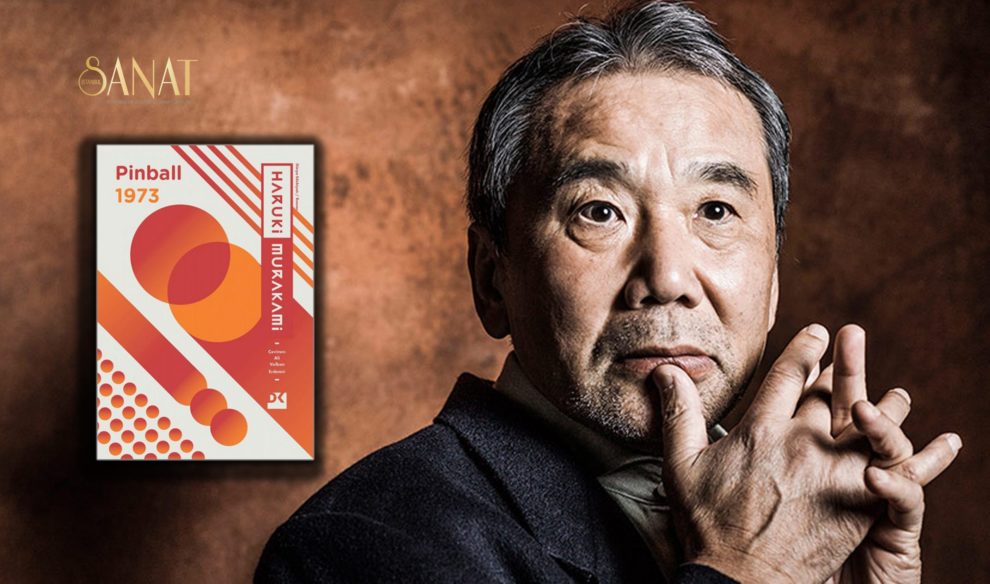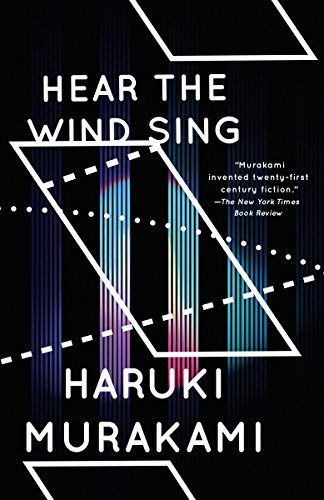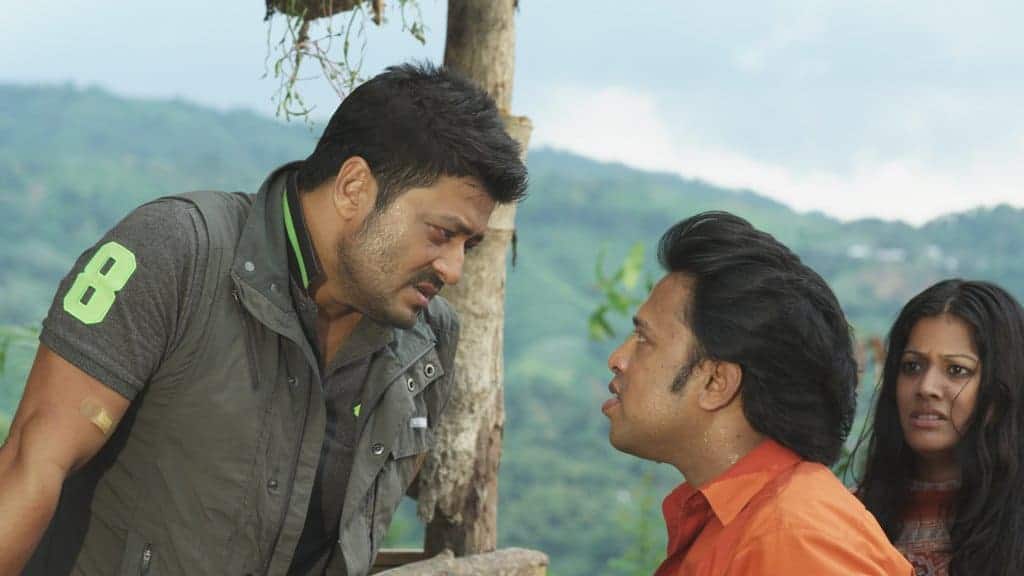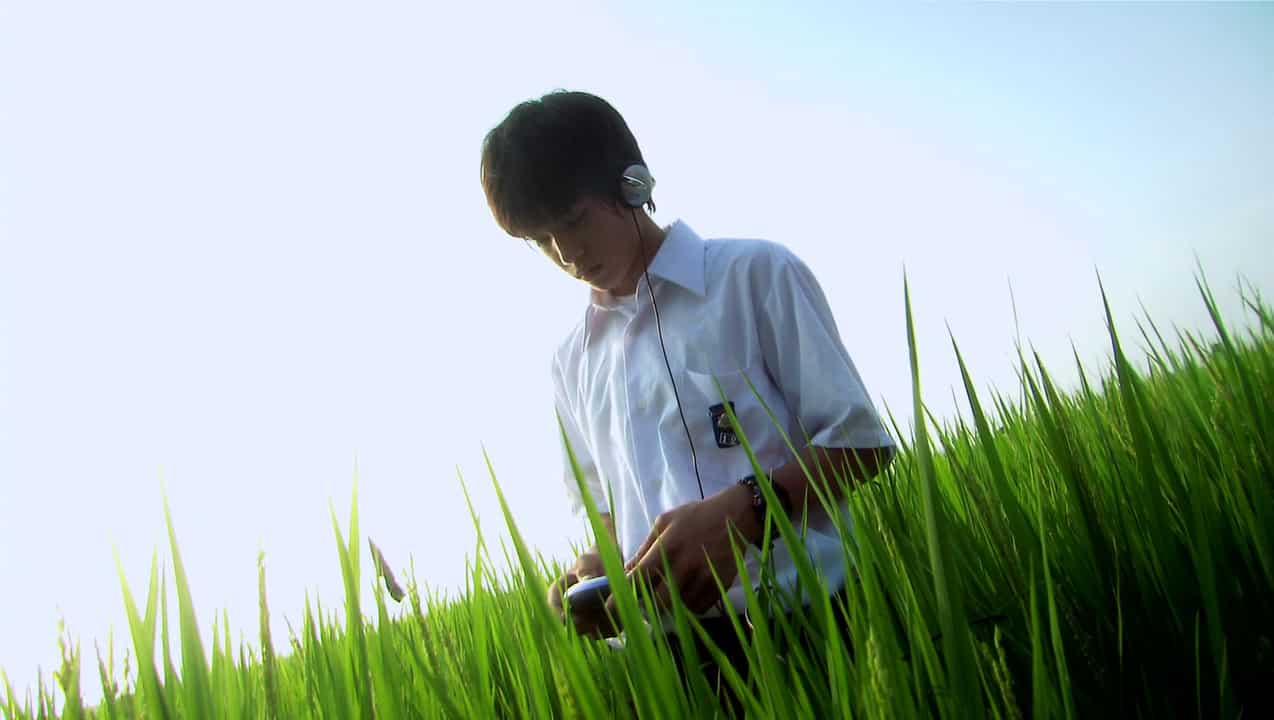Even masters of their art deserve to fail once or twice, and for Murakami, this time came with his second and probably worst work until now, the second book of The Rat Trilogy.
Buy This Title
The story continues three years after the events of “Hear the Wind Sing”, and finds the protagonist having moved to Tokyo, where he has started a small translation company with a partner, while living with a pair of identical female twins that suddenly dropped off in his apartment one day and started to live there. Also, he frequently reminisces about his girlfriend Naoko that committed suicide and her family and life. After a point, he starts obsessing with pinball and especially a particular model, with his passion eventually leading him to a pinball expert and historian, and to a chase about that specific machine.
Meanwhile, the Rat has stayed behind, not sure of what to do with himself, still lingering in J’s bar, who seems like his only friend, while he also gets involved with a woman eventually.
The showing-off aspect that was also present in the first book is also here, with the concept of the twins seeming more like the fantasy of a college student (including the fact that the twins cook for him, get him drinks, sleep with him and never actually ask for anything) than a valuable element of the narrative. Furthermore, the combination of thoughts about the past, in conjunction with the Rat’s story and his thoughts, make the novel somewhat confusing, and difficult to follow, particularly in the beginning.

In that regard, the Rat once more emerges as a much more interesting character than the protagonist, and definitely one more similar with the protagonists on Murakami’s later novels. Particularly his interactions with J and the “words unsaid” concept work quite well for the story.
Granted, the raising of the mundanity of the everyday lives of the unremarkable to a rather high form of art is here once more, but essentially, is only visible in J’s arc and the last part of the novel, with the rest seeming quite disconnected, more like a collage of thoughts and ideas rather than a compact work.
However, the novel truly picks up as soon as pinball, both as a concept and as a narrative element, comes to the fore, mostly for allowing Murakami to find a focal point that definitely benefits his way of writing after a point. The research done on the history of pinball in particular is impressive and excellently embedded in the narrative, while the “chase” for the lost machine is probably the most interesting part of the book, much reminding of the similar concept in “The Wild Sheep Chase”. The same applies to the concept of professional translation, although to a smaller degree.
The flow of the writing is excellent once more, with the short sentences working nicely for Murakami, and in combination with the artful simplicity of his wording, result in another novel that can be easily read in one go.
“Pinball, 1973” definitely does not reach the standards of his later works, with his prowess actually beginning in the next novel of the series. However, it is still a very easy to read book, and the last part definitely compensates, particularly if one considers that Murakami continued from this point on to his next works.
















